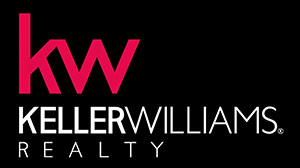(617) 620-5493
RealtorPrestonHall@gmail.com
Preston Hall
Realtor / Architect / Civil Engineer / MBA


MA Licensed Real Estate Broker 9572517
Keller Williams Realty Boston Southwest
(617) 620-5493
RealtorPrestonHall@gmail.com
Realtor / Architect / Civil Engineer / MBA


MA Licensed Real Estate Broker 9572517
Keller Williams Realty Boston Southwest